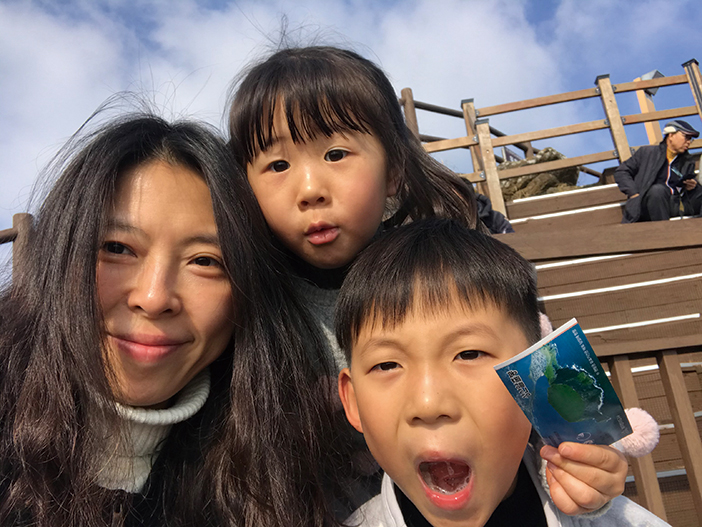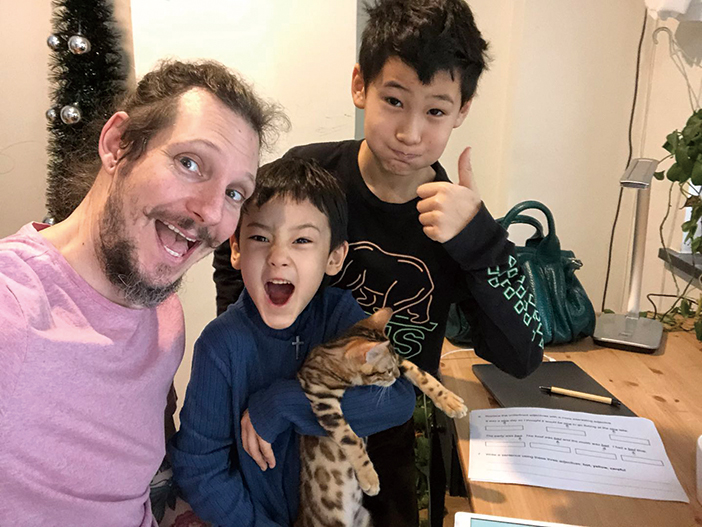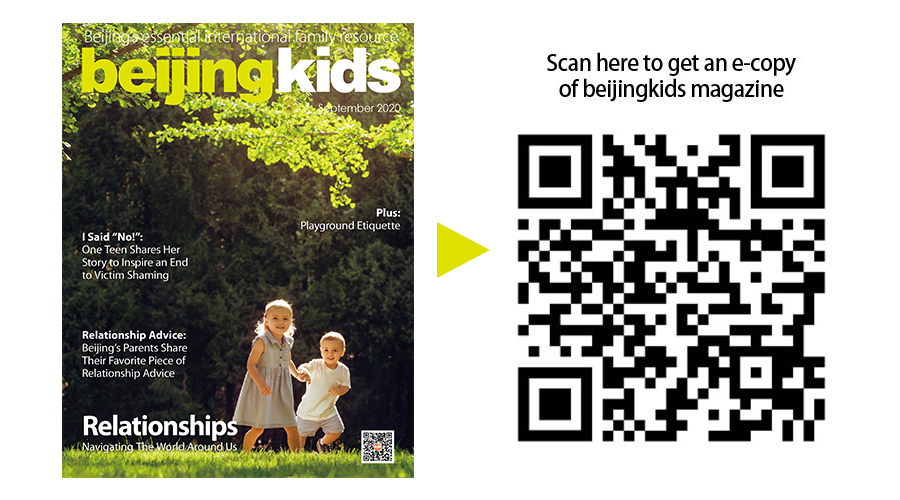For many parents, the prospect of initiating the birds and the bees conversation can be daunting. What is the right language to use? How much information is too much information, and on the flip side, how little is not informative enough? What are the resources I, as a parent, can use to initiate this conversation with my children? And at the end of the day, is it that important for me to have this conversation with my child or should I leave it to their teachers? These are just some of the questions which are wont to raise in parents’ minds when confronted with the prospect of the birds and the bees conversation. Everything from conventional wisdom to personal beliefs and even nationality can dictate how, or even whether parents have this conversation with their children.
For those who grew up in mostly conservative countries, it was almost unimaginable for religious parents to ever dare to have this sort of conversation with us beyond the ‘sin’ and ‘abstinence’ rhetoric. This responsibility often fell on our teachers, who mostly taught sex education from a biological point. This however didn’t do much in the way of preparing many students for a world ruled by peer pressure, and the imagery we got via various media.
So, how do parents and educators avoid the pitfalls which befell previous generations in terms of sex education? And how might a parent’s upbringing color how they might engage with, and relay sex education to their children?

Rebecca Gong and her kids
A Chinese Mom’s Perspective
China’s parent-child relationships are historically known to be quite conservative. This was no different for Beijing mom Rebecca Gong. According to Gong, “I’m from an ordinary Chinese family. Although my parents are more open-minded than most traditional Chinese parents, they still didn’t take the initiative to talk about sex with me when I was growing up.” It comes as no surprise then that, according to the Public Health School of Pekin University study done in 2015, only 10% of nearly 20,000 university students had received any sexuality education while in primary school. This vacuum begs the question of who then is responsible for providing these young people with information? Some might point to schools, and the Chinese government has answered the call to bridge this gap through the Chinese Family Planning Association (CFPA), which aims to provide Comprehensive Sexual Education (CSE) which promotes peer education among the youth.
But is this the be-all and end-all? Not according to Gong, who thinks the onus should also fall on parents as well as schools along with initiatives such as the CSE by the CFPA. “I think both parents and teachers have the responsibility to teach children sex education. Teachers represent formal education. Sex education should be more knowledge-based, and it should be taught as natural science. For parents, they mainly shoulder the responsibility of family education,” asserts Gong, adding “In terms of sex education, I think parents should pay more attention to the changes and needs of their children in their emotional, physical, and psychological development.” And to help her with this task, Gong professes to buying books which might help her gain more knowledge with which to teach her son and daughter.
Admittedly, Gong’s two children are still on the younger side (ages five and seven) to have the complexities of CSE explained to them. This, however, doesn’t mean that some information cannot be provided to them. Gong relies on one trick. “I think that when the children are already curious about sex, I can start sex ed. For example, when children ask: How did you give birth to me? This is a good opportunity to explain female anatomy,” explains Gong.
As far as Gong goes, when her children are ready, they will find her prepared to provide them with as much information as she can provide.

David Hanssen with his boys (and cat)
And Then There’s The Crazy Westerners
While on the other side of the world, Scandinavia and western European countries like Germany are hailed as some of the most liberal countries in the world in all matters including sex and sex education. Comprehensive Sex Education in Germany, for instance, was made mandatory for all German students in 1992. Even before this government mandate, many schools had made CSE a part of their curriculum as far back as the 1970s. One might expect this to hold true also in the US. But with no federal mandated curriculum, each American state is free to include CSE or ban it entirely. Increasingly, the push against CSE in America is on religious grounds. So while some states mandate compulsory CSE, others offer no more than a religious-based call to abstinence and no more. What do American kids do and how does this plethora of approaches mean in the long run? It means that compared to Germany for instance, America has three times more cases of teenage pregnancy, with teenagers in America being far less likely to use contraception compared to their Western European counterparts.
David Hanssen is a product of this system. He was among the children who got an early, albeit academic introduction to CSE. “If I remember correctly, we had a sex education class in grade 6 in middle school. It was about a week-long lesson in place of our normal science class where they separated boys and girls into different rooms and showed videos and had discussions about puberty, sex, etc. I don’t think my father talked to me about sex until my senior year of high school, right before I went off to college,” recollects Hanssen. Much like Gong, Hanssen believes both teachers and parents share the responsibility of providing sex education to their students, but not in equal measure. “I feel it’s definitely the parents’ responsibility to talk about sex, love, and having children. But I also feel it’s good for the school to then educate students about the same. The more information the better,” asserts Hanssen.
As the dad to two sons ages six and 10, he also believes in not only tapping the pool of Beijing dads for wisdom and resources but also a balanced and frank conversation with both parents. Hanssen explains, “I think it’s important for both parents to have separate one on one conversations about it. I think it’s important for my sons to get both the male and female views on sex.” And like many progressive parents, Hanssen believes in providing this information as early as possible. There is an increasing concern amongst parents around the world over that. In the absence of this information, young and impressionable children might still get access to highly inappropriate content thanks to the increased prevalence of mobile devices. “90% of my 10-year-old’s friends have some sort of electronic device – iPads, phones, laptops – and I’m sure they are curious and searching before their parents even realize it’s time to have “the talk”, ventures Hanssen.
In the face of such possibilities, it would behoove parents to take the bull by the horns and have these often uncomfortable conversations with their children. Most international schools in Beijing have some form of CSE, which might go a long way in priming children for the all-important “Birds and Bees” talk, but as both local Chinese families and international families alike are facing the realities of freedom of information in this tech savvy day and age, it never hurts to introduce this topic to the kids in the way you and your family feel most comfortable.
KEEP READING: Take It From Me!: Parenting Advice From a Child to the Grownups
Images: Courtesy of parents, unsplash

This article appeared in the beijingkids 2020 September issue




